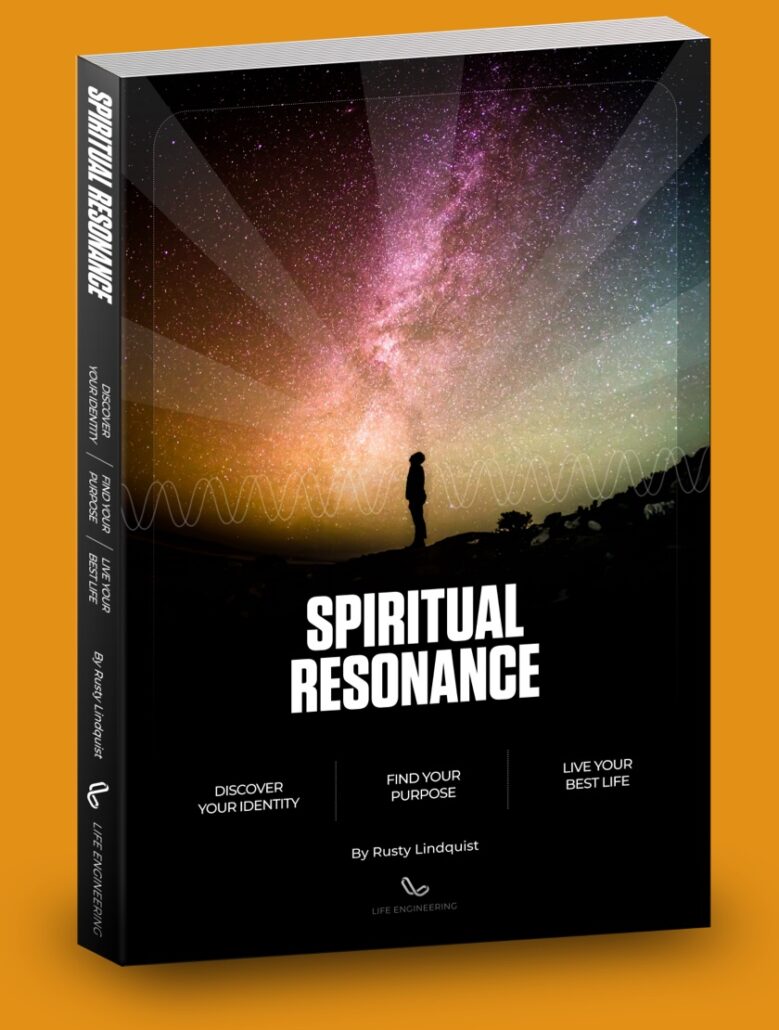Free Course: Alignment Staying on Course Free Course: Alignment From our 16 Elements series, and a part of the Act Pillar, Alignment …
INVICTUS, THE POWERFUL STORY OF OVERCOMING ADVERSITY
articles
William Earnest Henley
The British boy William Ernest Henley contracted tuberculosis of the bone when he was just 12 years old. He suffered from the disease for 13 years, until he was 25. By then, it had progressed all the way to his foot.
The doctors then told him that they would have to remove his most severely infected leg immediately, and that if he were to survive, they would need to remove the other one as well.
A strong-willed person, he gave the doctors permission to remove just one leg to the knee, but told them that he was keeping his other leg.
In 1875, at the age of 25, he wrote “Invictus” from his hospital bed. It was the perfect expression of his response to the challenges of life.
Invictus is Latin for “undefeated.”
Invictus by William Earnest Henley
Out of the night that covers me,
Black as the pit from pole to pole,
I thank whatever gods may be
For my unconquerable soul.
In the fell clutch of circumstance
I have not winced nor cried aloud.
Under the bludgeonings of chance
My head is bloody, but unbowed.
Beyond this place of wrath and tears
Looms but the Horror of the shade,
And yet the menace of the years
Finds and shall find me unafraid.
It matters not how strait the gate,
How charged with punishments the scroll,
I am the master of my fate,
I am the captain of my soul.
Nelson Mandela—the rest of the story
Henley went on to live an active, productive life as a poet. He kept his other leg.
While imprisoned in Robben Island Prison, where he was incarcerated for 27 years, Nelson Mandela (who later served as President of South Africa and won the Nobel Peace Prize) recited the poem to himself and other prisoners as a way to bolster their spirits and motivate them to press onward. He felt empowered by the message of self mastery.
Self mastery in overcoming adversity
Life is necessarily filled with challenges. And thank goodness! How boring it would be otherwise! But while we can’t control the cards that are dealt us, we CAN control how we react to those events.
Will they be events that give us strength? Will they give us wisdom? Will they teach us patience? Perseverance? Will they give us empathy for others?
Much good can come from things that seem so bad. Life’s greatest opportunities are often hidden in adversity.
Transforming life’s challenges into positive self-propellants takes self-mastery. Regardless what life gives us, we must remember, “I am the master of my fate, I am the captain of my soul.”
-Rusty
Photo by Darren J Glanville at Flickr.com
Share this
with someone who might need it
keep reading
The turkey effect How to learn who you are and live your best life raising turkeys People often wonder “who am I?”; …
HOT HANDS HOW identity POWERS PEAK PERSONAL PERFORMANCE HOT HANDS There’s a well-known phenomenon in sports called “Hot Hands.” It’s the idea …
Know Thyself The Key to Unlocking Your Full Potential Know thyself Nestled deeply on the slopes of Mount Parnassus in Greece is …
Employee satisfaction is closely tied to performance. When satisfaction levels rise, productivity, customer service, and profits tend to rise too. Employee turnover slows down and it becomes easier to recruit new talent. See how your team, leadership, and shareholders can benefit from a company culture that emphasizes employee satisfaction.
If you want your customers to be happy, you need to think about employee satisfaction. When employees like their workplaces, they are more effective at their jobs and provide better customer service. Learn more about the link between the employee and customer experience and how to measure employee satisfaction.








Responses